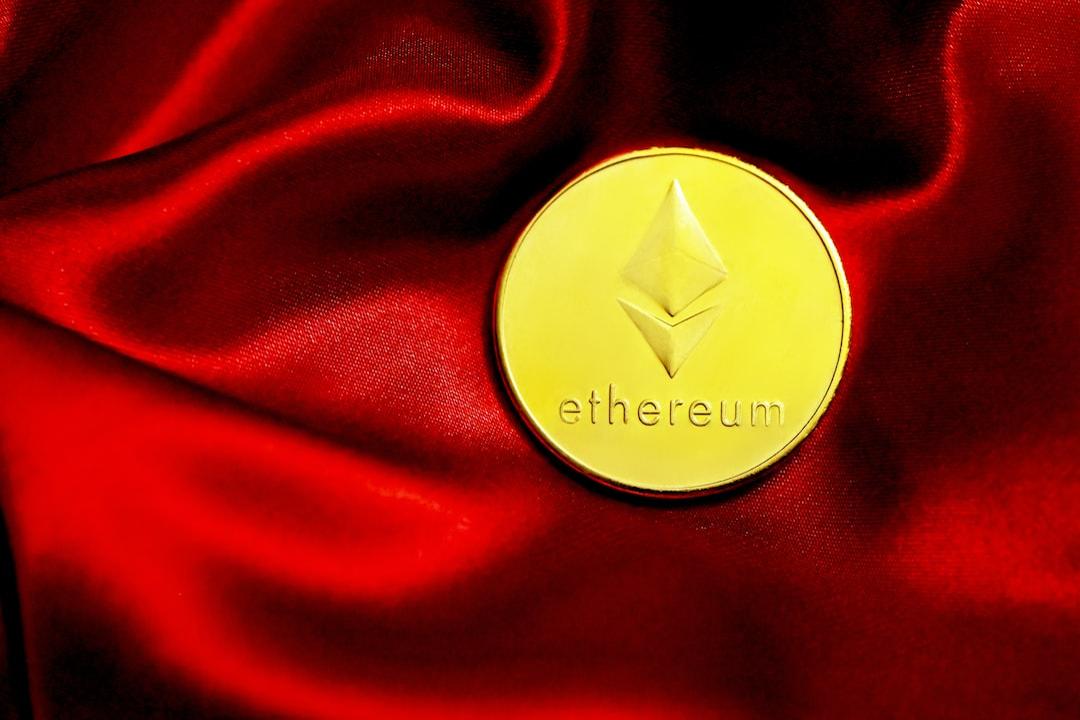The United States’ largest stable digital asset issuer, Tether, has long been scrutinized due to alleged insufficient reserves and various accusations. Despite previously evading criticism by operating outside the US regulatory environment, current developments indicate significant progress within the US Senate that could subject Tether and similar organizations to US regulations through a new draft bill.
Key Revisions in the New GENIUS Draft Bill
Members of Congress have attempted to bring the revised stable digital asset bill, known as the GENIUS Act, to the Senate agenda. However, the voting process on Thursday did not advance the bill to the next stage of official discussion. It was noted that some senators had not accessed the latest version of the bill before the voting. Sources with access to the final version revealed that the GENIUS Act includes several significant provisions compared to its predecessor.
The most prominent change in the new version mandates that stable digital asset issuers operating abroad be subject to US regulations if they serve US users. This could clarify the legal standing of companies like Tether. There is also a notable expansion in the definition of assets supporting digital currencies.
New Regulations for the Crypto Sector
In its current form, the GENIUS Act only finds support among Republicans due to the removal of Democratic senators’ names from the bill, potentially reducing its chances of passing in the Senate. The new draft reportedly includes three crucial changes: extending authority over overseas issuers, broadening the definition scope of digital asset service providers, and introducing a new safe harbor provision.
Senator Bill Hagerty remarked, “The bill aims to provide a transparent and secure legal framework if foreign issuers offer services to US users.”
The bill broadens the definition of digital asset service providers to include software developers, validator nodes, and self-custody wallet providers. This expansion raises questions about whether various players in the decentralized finance ecosystem will be subject to the Bank Secrecy Act and anti-money laundering regulations.
Additionally, the Secretary of the Treasury is granted limited flexibility concerning experimental projects or small-scale applications. Moreover, discussions on how granting unilateral intervention authority during extraordinary circumstances might affect the balance of power in governance continue.
Anticipated Developments and Ongoing Uncertainty in the Sector
It remains uncertain when or if Senate Democrats have received the updated draft. Experts highlight that these changes have taken shape through backstage negotiations. Divergences from the previous bill that passed through the Senate Banking Committee in March, with bipartisan support, might significantly impact the crypto sector.
An industry expert suggested, “The new regulations could reshape the balance between decentralized finance applications and traditional finance.”
Public access to the law text enables stakeholders and experts within the sector to discuss the potential effects of the bill’s policies on US stable digital asset regulation. A new session or vote on the bill in the Senate is anticipated shortly.
Media outlets seeking to interview Tether and senators sponsoring the bill have reported receiving no responses. Updates and potential new developments regarding the topic are assumed to play a crucial role in shaping the future of the sector.
The new US Senate bill incorporates foreign-based stable digital asset issuers into US regulations. While the definition of digital asset service providers is expanded, some flexibilities for small-scale projects are defined. With support only from Republican senators, inter-party negotiations are key in the bill’s legislative journey. Ongoing debates focus on how this legal framework will be implemented and its impact on the sector as a whole. The bill is expected to resurface shortly in the Senate, inviting participation from the affected institutions to ensure fair and viable regulations.


